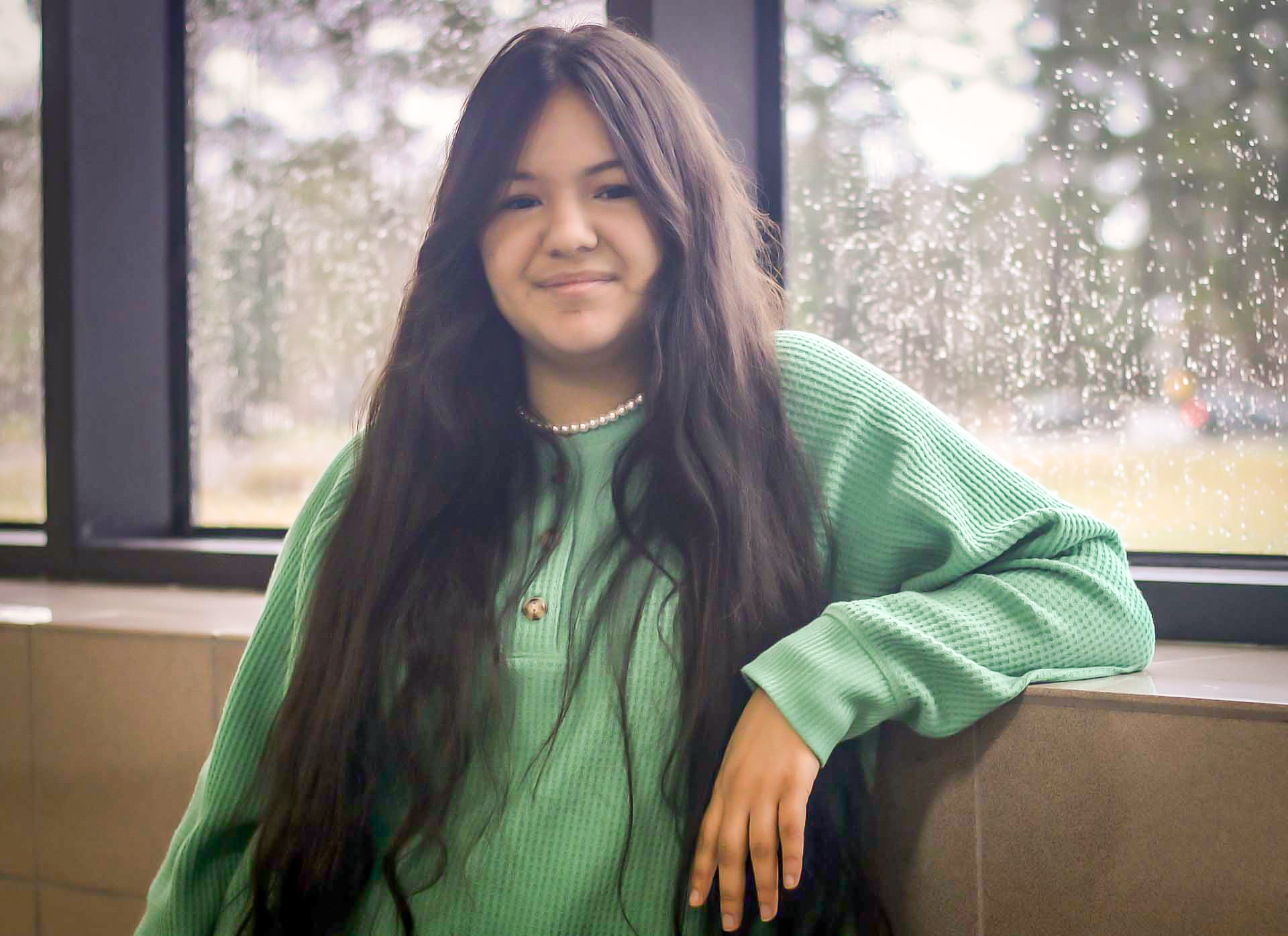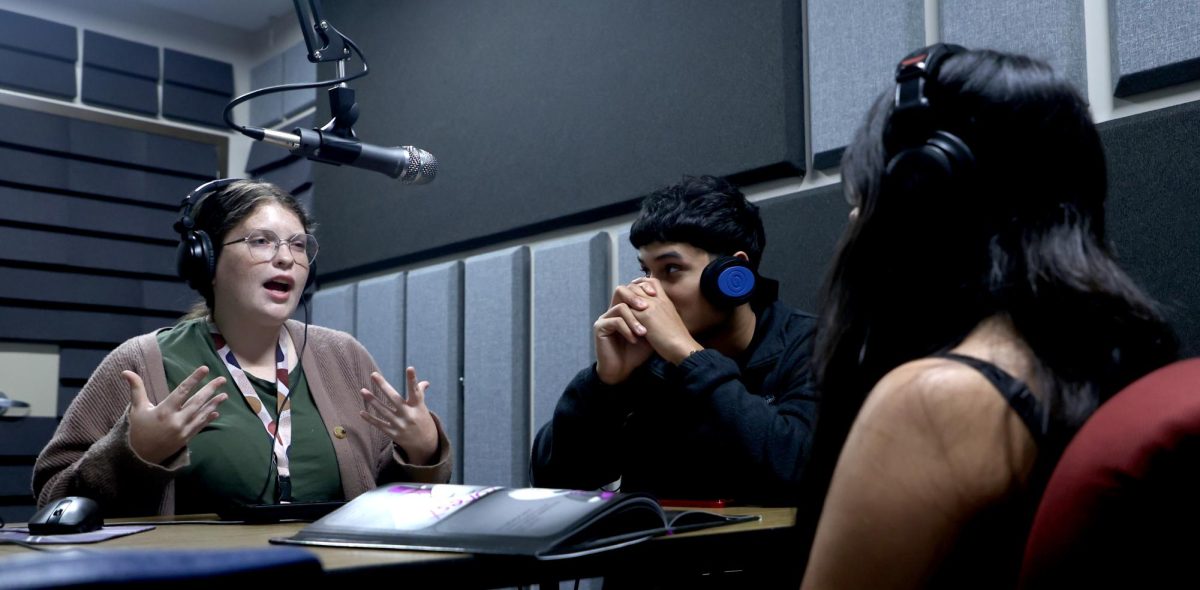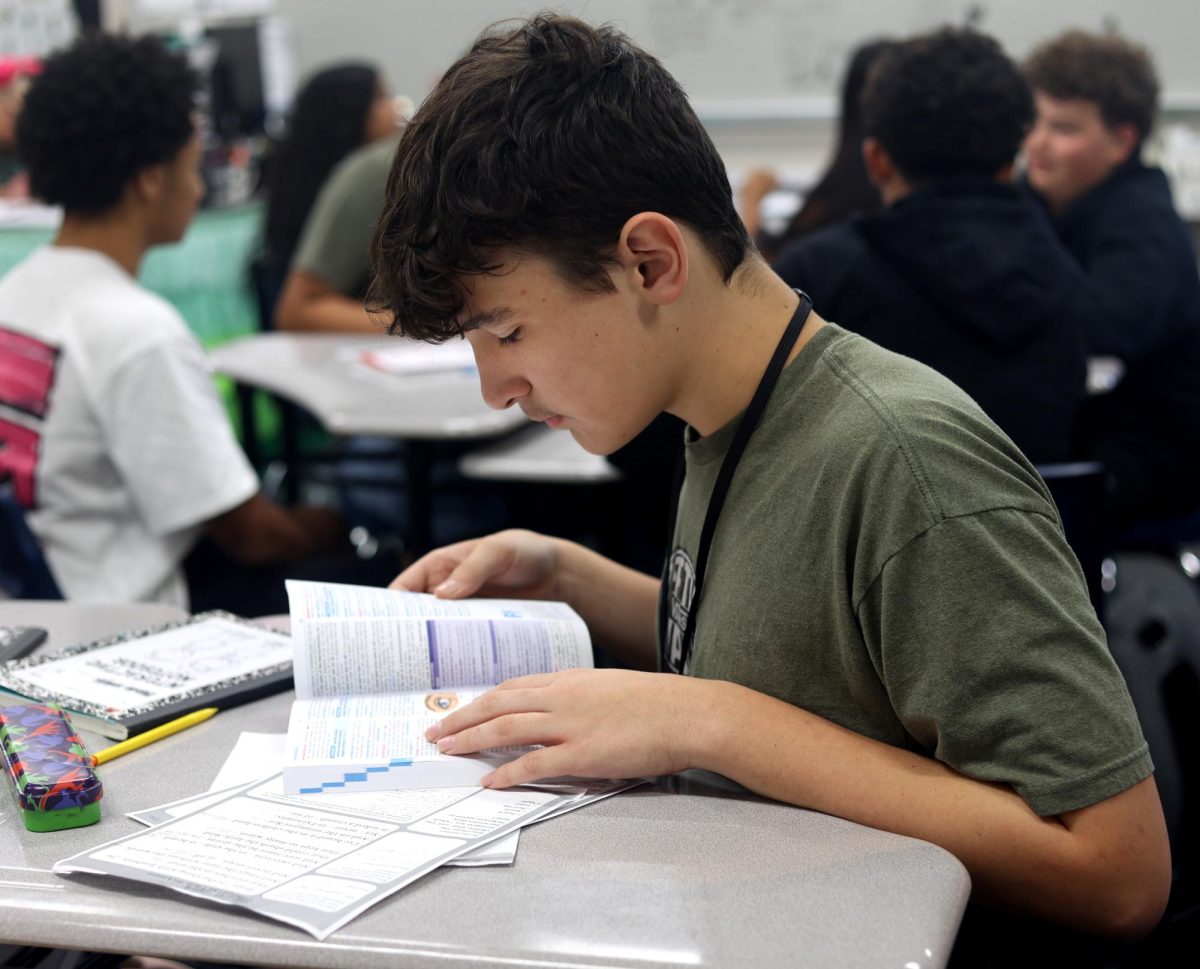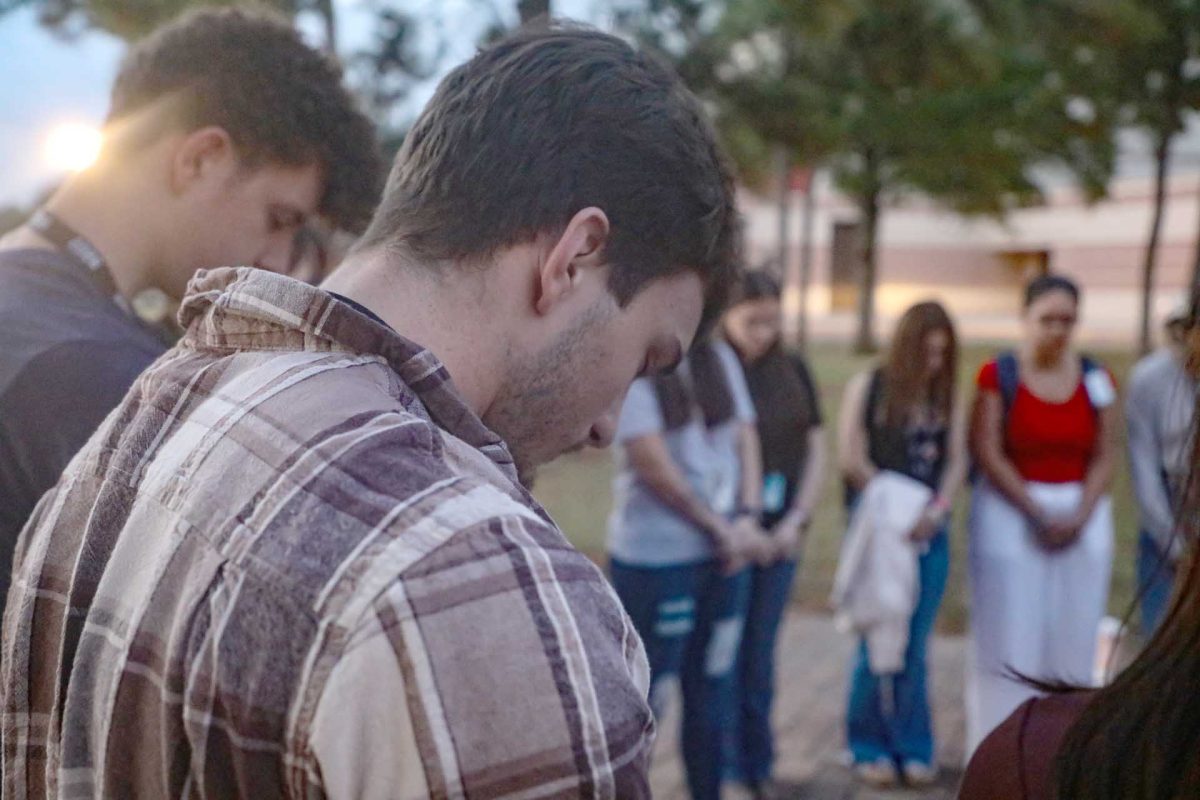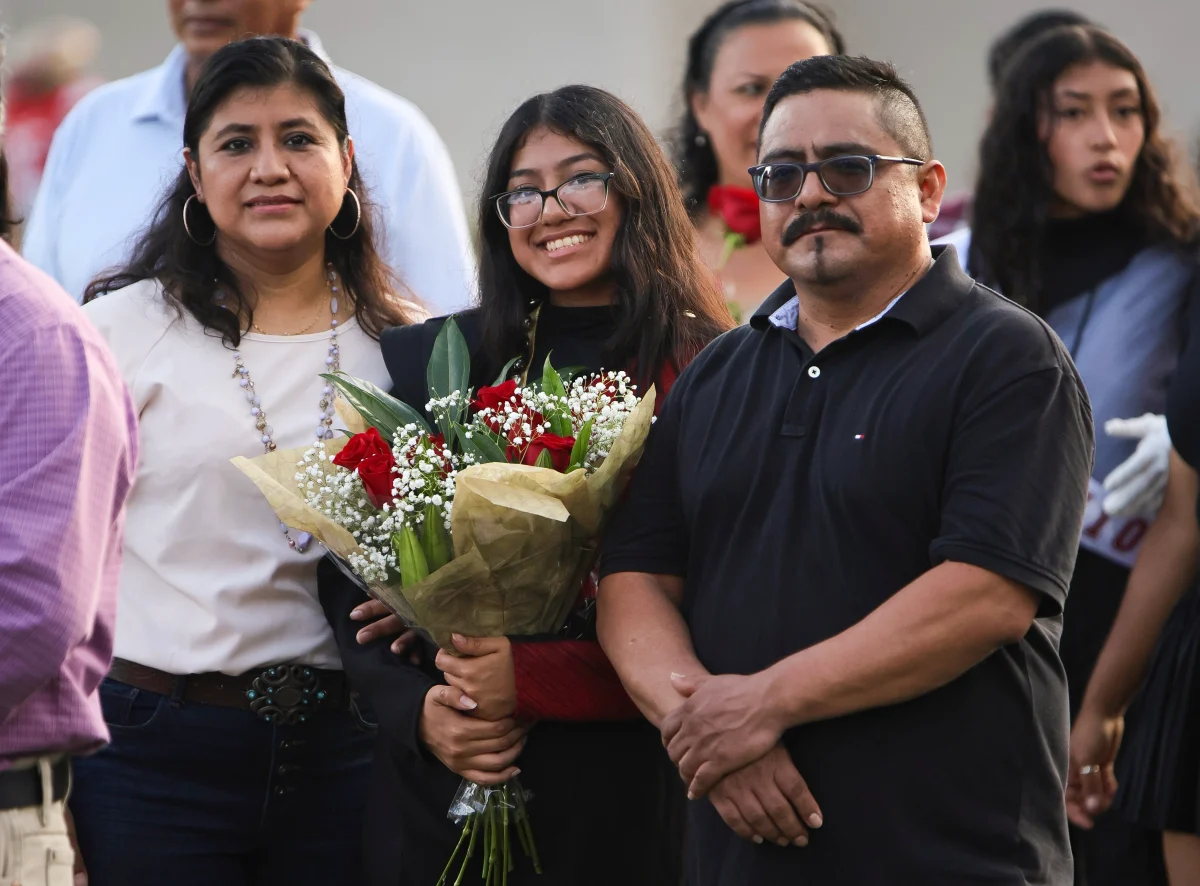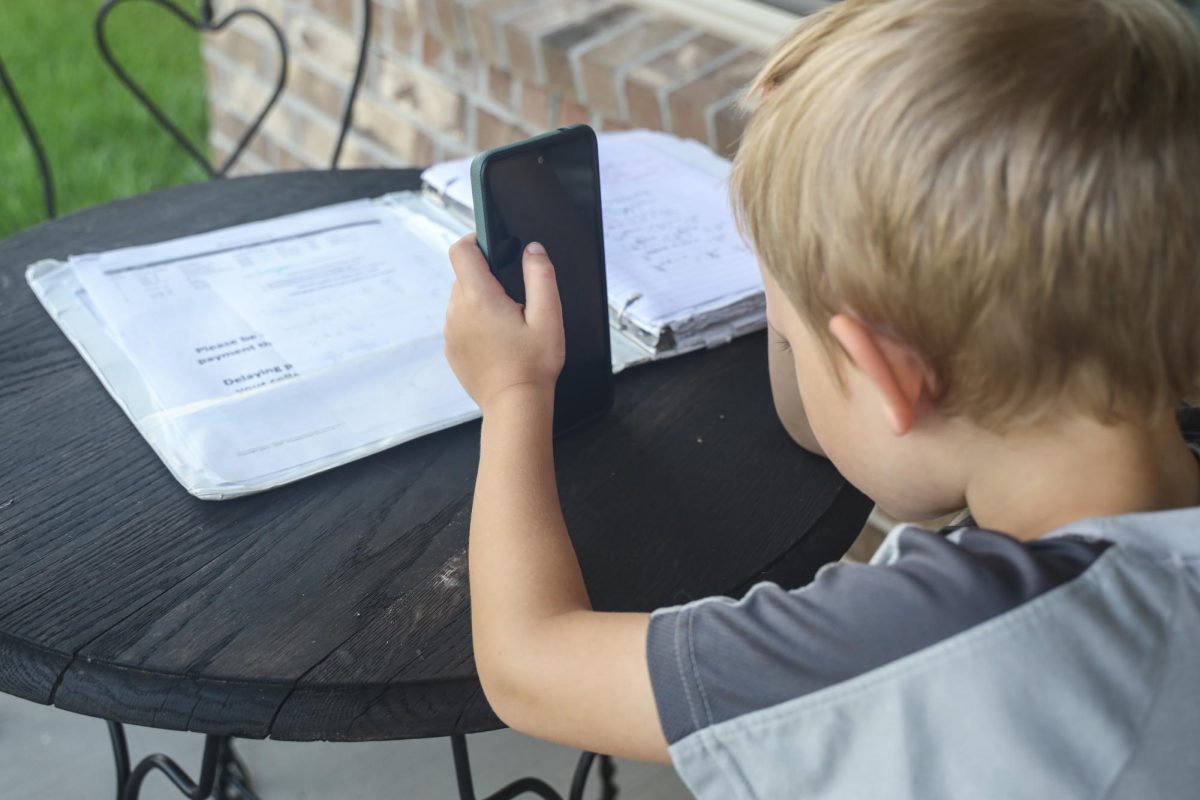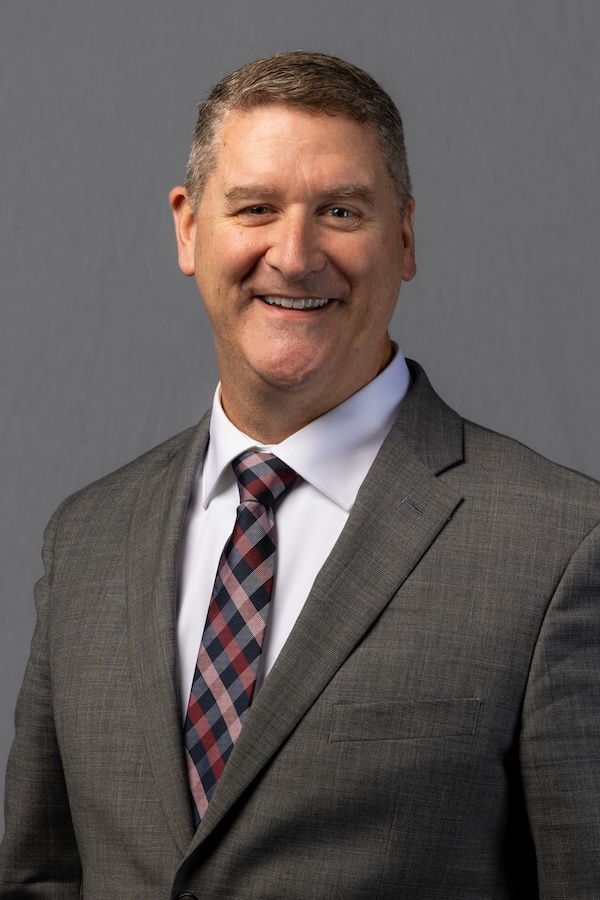Expensive.
That’s the term that best describes Senior Amberleigh Alvarez’s life. Her mom’s medical ports and biweekly doctor visits are expensive. Her brother’s asthma inhalers and EpiPens are expensive. Her grandma’s mobility scooter was expensive. Her dad’s diabetic infection and hospital stays are expensive. For her family, staying healthy has a price tag.
“We always have to pay for good medical insurance because we never know what’s going to happen, and that takes a large chunk of our money,” Alvarez said. “We always have to try and keep some savings. You never know when someone’s condition will get worse.”
As the only fully able-bodied person in her household, Alvarez often takes care of everyone on her own. She’s seen her family’s worst days. A bad physical health day is a bad mental health day.
“There are times where my mom can’t even get out of bed,” Alvarez said. “It’s really hard, because I’m seeing the strongest person I know struggle really hard.”
She doesn’t want any other family to suffer in the same way her family has, so she’s set on becoming a biomedical engineer — someone who designs, tests, and implements medical devices and systems.
“My goal is to help people in a large-scale manner,” Alvarez said. “Seeing all this struggling makes me want to ensure and create things that prevent other people from struggling the same way my family does.”
Department of Education risks closure.
Alvarez has spent the past four years preparing for her future in biomedical engineering. She’s taken 20 college classes, and is in the top 10% of the senior class. But her plan to attend the University of Texas at Austin this fall now faces an unexpected obstacle: the potential shutdown of the Department of Education. If that happens, Alvarez fears she won’t be able to pursue a career or help her family escape poverty.
“We scored the lowest you can get on the FAFSA, so they’re covering most of my tuition,” Alvarez said. “There’s no way my family could afford (college) any other way. If (FAFSA and the Department of Education) goes away, I won’t be able to go to school.”
President Trump and his administration are preparing an executive order to shut the Department of Education, which handles all federal student loans and aid. A bill to do the same has also been reintroduced to Congress. As of January 2024, the Department of Education has issued $1.5 trillion in federal loans for nearly 43 million people.
Delays in the FAFSA mainly impacts students like Alvarez – low-income, rural, and minority – according to a report from the Century Foundation.
“The U.S. Department of Education’s three-month delay in launching the new FAFSA form and the subsequent lack of continuous access, ambiguities in the form, and data reporting errors have resulted in a significant decline in form completions for 2024,” the Century Foundation wrote. “Lower-income regions of the country are experiencing much larger declines, with FAFSA completions at public high schools in Alabama and Mississippi down nearly a quarter for example, while in West Virginia, they are down more than 20 percent.”
Without the FAFSA and other student aid programs run by the Department of Education, Alvarez fears she can’t become a biomedical engineer; she can’t pay off her family’s medical expenses; she’ll have to go home and work full time, instead of pursuing the career she’s worked so hard for.
“There’s no way I would be able to support my family in the way I want to,” Alvarez said. “There is no way I could even imagine paying out of pocket for a PhD.”
Money is her biggest roadblock, as it always has been. She likes medicine, but loves to act. Being a “theater girlie” for the past ten years, she would love nothing more than to be on Broadway. But acting rarely pays off the medical debt.
“When you look into the finances of acting, you realize that it’s a hit or miss career, and there’s a really high chance of not going anywhere if you don’t have connections or money,” Alvarez said. “So if I want to give back to my community and help people like those that have been in my situation, biomedicine is the most logical choice.” Alvarez relies on public school and other services to keep not only her acting hobby alive but also food on the table. Her family’s yearly income is about $40,000, most of that coming from welfare programs.
“Social Security is what has provided my grandmother with medicine for her diabetes,” Alvarez said. “The Department of Education being shut down worries me, because what else can be taken away from my family?”
Alvarez and her family are betting everything on the Department of Education and FAFSA. Without it, they worry they’ll be trapped in the same cycle of poverty and medical debt. Their concern has them preparing for the worst.
“Without the FAFSA or government benefits, my family is relying on a custodial income,” Alvarez said. “And in a household of five people, four of which have disabilities, it’s just not possible. We can’t make that happen.”





